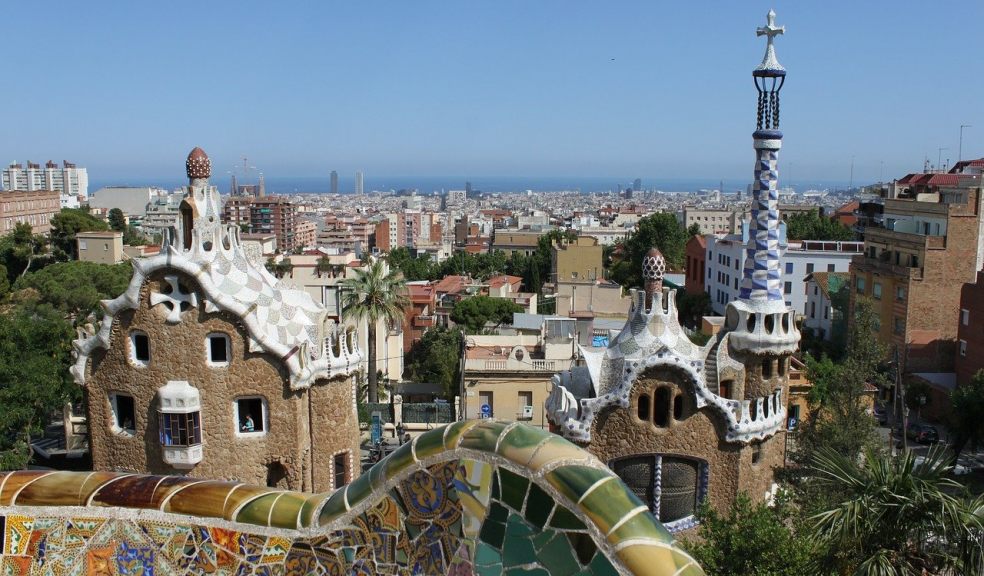
A guide to finding a doctor in Barcelona for foreign patients
If you are fortunate to visit Barcelona, not only one of the most beautiful places in Spain but also the whole of Europe, you will certainly be hoping that you won’t get ill or require a medical emergency while you there. Also if you find yourself moving to Barcelona from abroad, either for work or to retire, you will want to know that you can access medical care should you require it.
This short guide will take you through what you need to know if you are a foreigner who needs to find a doctor in Barcelona for a medical emergency. The guide will consider what you can do to in advance to ensure that you are as prepared as possible in case the worst should occur, and also what you can then do should you have a medical emergency or require a doctor for any purpose during your stay in Barcelona.
Planning Ahead
Whether you are visiting Barcelona on a short visit or whether you are moving there for a longer period of time, the first thing that you should do is to investigate whether there are any reciprocal medical arrangements between Spain and your home country, or your country of origin. Your first port of call is often to contact the Spanish Embassy in your country, as they will be best placed to advise you of your options, and of any current restrictions.
For example, travellers coming from the EU are entitled to free healthcare in all other EU countries, including Spain, upon production of an EHIC (European Health Insurance Card) and their passport, if treatment is required. The EHIC can be obtained before travel and has an expiry date.
It would also be wise to obtain travel insurance, as these often cover private medical expenses in whole or in part. Travel insurance is highly advised for travellers from non-EU countries, such as Canada, Australia and the United States, where reciprocal health agreements are not in place. Travellers from these countries will be treated should treatment be required, but without medical insurance would be expected to pay their bills in full, which could be very expensive.
The Spanish healthcare system contains both public (asistencia sanitaria pública) and private (privado) healthcare providers, and it is important to know what you have access to, which is most likely to be the public healthcare providers.
It would be wise to do some research ahead of your trip to Barcelona and make a list of local medical practices and hospitals. It would be particularly useful to research those practices and hospitals that are close by to where you are staying, and also whether there are any medical staff there that speak the same language as yourself. Although this may seem like over-preparedness, it is a much better option than suddenly becoming ill and not knowing what to do or where to turn in an emergency.
If you are visiting Barcelona and you have any particular medical conditions, it can be worth researching the Spanish names for these conditions, and perhaps writing a short note listing these that can be placed in your wallet and purse, to inform a doctor or medical professional should you be incapacitated. This list could also include any medications that you take or any allergies that you have.
If you plan to live and work in Spain, you can register for access to the Spanish healthcare system. To be eligible, you would need to be working and living in Spain, and to do this you would register on the padron at your local town hall, after which you will receive a certificate of registration in order to be able to apply for a healthcare card, and then register with a doctor of your choice.
In Case of Emergency
If you have a medical emergency there are a number of options available for you.
If your reason for needing treatment is an emergency and you require an ambulance, you can dial 112 from any phone connected to the Spanish telephone or mobile networks, which is free of charge (although mobile network charges may apply). The Spanish word for A&E is urgencias.
For many simple treatments you may want to visit one of the local farmàcias, or pharmacies.
Should you need to see a doctor, many doctors in Barcelona speak English, as English is the international language of medicine, but you should not presume that this is the case. However, a number of medical practices in Spain include a number of expat patients, usually from English-speaking countries, among their lists, and so English is likely to be spoken by at least some staff.
Doctors will normally either work as a general doctor in a médico de cabeceraor in a health center (centro de asistencia primaria or centro de salud).
If you are living or working in Spain, you will have registered with a particular doctor or health center. If you are just visiting the country and have either an EHIC or travel insurance, the documentation with that scheme or insurance will have provided you with a phone number to call in order to access help or treatment. It would be prudent to programme those phone numbers into a mobile phone for easy access during your stay.
If you are staying in a hotel during your stay in Barcelona, they will also be able to advise you on the best way to access medical treatment, and they may have specific arrangements with doctors or medical practices that are able to assist their guests in case of a medical emergency. If in doubt, you could also contact the Embassy or Consulate of your country for assistance.
Summary
Although it can be a worrying prospect to require medical care in a foreign country, there are a number of different things that you can put in place, in terms of reciprocal healthcare schemes or travel insurance that can help you navigate healthcare in Barcelona with maximum ease and minimal expense.
The availability of a number of different doctors and medical practices with English-speaking staff, and skilled hotel concierges as well as Embassy/Consulate assistance ensure that you will be able to find the medical help that you need from Spain’s excellent healthcare system.

















